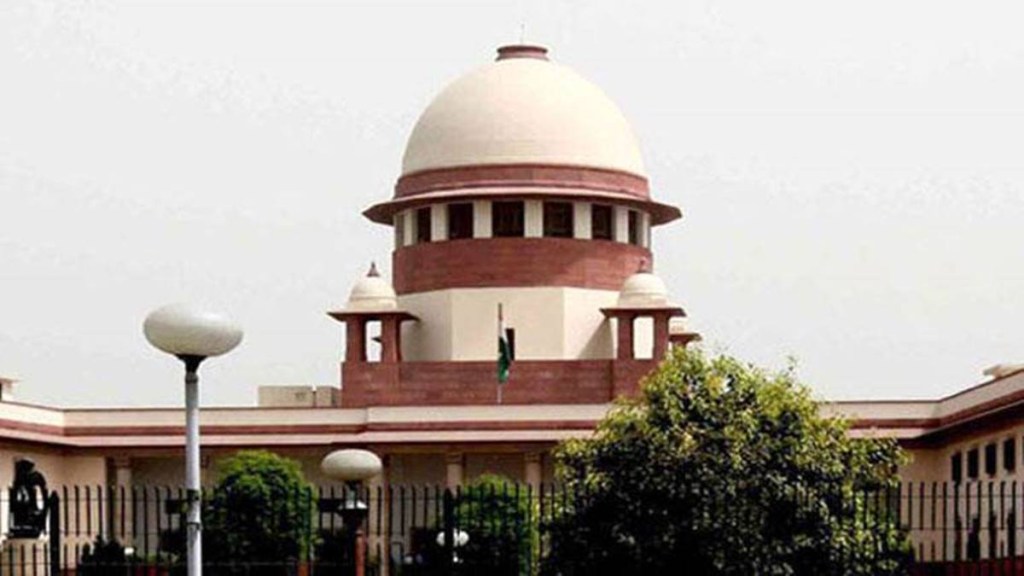The Supreme Court on Friday agreed to hear a public interest litigation (PIL) seeking a court-monitored investigation into the electoral bonds scheme, listed to be taken up on July 22.
A bench of Justices, led by Chief Justice D Y Chandrachud, has listed a Public Interest Litigation (PIL) filed by two NGOs, Common Cause and Centre for Public Interest Litigation (CPIL), for hearing on Monday.
Also Read:Supreme Court agrees to hear Manish Sisodia’s bail pleas, issues notices to CBI, ED
The bench will also consider a similar plea listed for Friday and take it up together with the previous PIL on July 22, which alleges an “apparent quid pro quo” between political parties, corporations, and investigative agencies.
The petition termed the electoral bonds scheme as a ‘scam’ and urged authorities to investigate the funding sources of “shell companies and loss-making companies” that donated to political parties, based on Election Commission data. It also requested the recovery of funds involved in potential “quid pro quo” arrangements deemed illicit.
Earlier, a five-judge Constitution bench on February 15 invalidated the BJP government’s electoral bonds scheme, designed for anonymous political funding.
Following a Supreme Court decision, the State Bank of India, the authorized financial institution for the scheme, shared data with the Election Commission, which then made it public. The electoral bonds scheme, introduced by the government on January 2, 2018, aimed to replace cash donations to political parties to increase transparency in political funding.
“The electoral bond scam has a money trail unlike the 2G scam or the coal scam, where allocations of spectrum and coal mining leases were arbitrarily made, but there was no evidence of a money trail. Yet this court ordered court-monitored investigations in both those cases, appointed special public prosecutors and formed special courts to deal with those cases,” the plea said.
The plea claimed that several companies under investigation had donated large sums to the ruling party, potentially influencing the outcome of probes.
